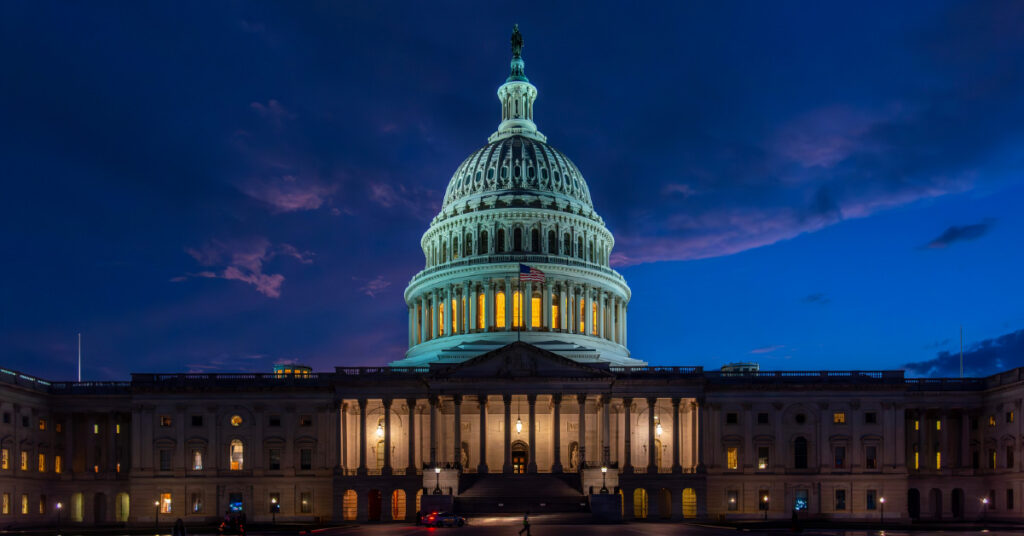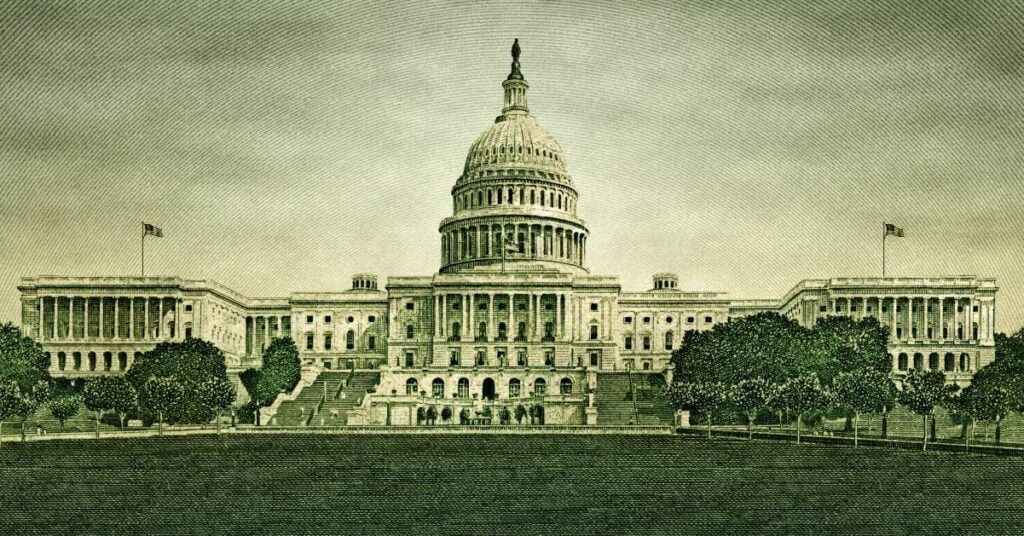Amazon’s winning streak in its battle against the U.S. tax system remains intact. This week the retail giant announced record-breaking sales and income for 2020, and an effective federal income tax rate of just 9.4 percent, less than half the statutory corporate tax of 21 percent.
By any measure, Amazon’s growth in the pandemic year has been remarkable. Its worldwide pretax income for 2020 was $24 billion, up 73 percent from the $14 billion it enjoyed in the last pre-pandemic year. Its sales were up 38 percent over the prior year—during a pandemic. The company’s U.S. income in 2020 was $20 billion. If Amazon had paid 21 percent of its profits in federal income tax, that would have come to $4.1 billion. The company’s reported current tax of $1.8 billion was less than half that, meaning last year Amazon avoided $2.3 billion in taxes.
Over the first three years of the Trump-GOP tax law, which dropped the statutory corporate tax rate to 21 percent, Amazon paid an effective federal income tax rate of just 4.3 percent on U.S. income. From 2018 through 2020, Amazon enjoyed tax subsidies of $7.2 billion. This is the difference between what the company would have paid if subject to the full 21 percent rate and what it actually paid.
The mechanisms the company is using to drop its effective tax rate are mostly unchanged: the company saved $1.8 billion using tax breaks for stock options, and it saved $639 million using various tax credits.
Over the 2018-2020 period, Amazon also enjoyed depreciation breaks, although they had no net effect on the company’s tax bill in 2020. Depreciation breaks allow a company to deduct the costs of investments in equipment much more quickly than the equipment wears out. Proponents in Congress claim this encourages investment and helps the economy overall, but more likely it rewards companies making investments they would have made anyway.
The effects of depreciation breaks are complex. Part of the effect is to move tax payments further into the future, even though the net effect in the long run reduces the company’s tax liability. This makes it important to look at a company like Amazon over several years—and from this perspective, it’s clear that the nation’s tax code barely lays a glove on Amazon.
Amazon’s tax avoidance is consistent. Over the past three years, Amazon paid an effective federal income tax rate of just 4.3 percent on U.S. income. Over the past 10 years, Amazon’s effective federal tax rate on $57 billion of U.S. pretax income was just 4.7 percent, especially remarkable given that the legal rate was 35 percent for most of this period.
For any other company, $1.8 billion of current federal income taxes would be interpreted as a sign the company’s tax accountants had taken the year off. But in Amazon’s case, the $1.8 billion the company paid is overshadowed by the $2.3 billion it did not pay last year. These unpaid taxes are especially troubling because Amazon’s pandemic experience is utterly different from the existential threats facing entire industries. Far more typical of the 2020 economy is companies reporting cratered sales and zero profits. In this setting, it’s vital that our tax system should perform as advertised, and when Amazon shelters more than half its profits from tax, our tax system is clearly in need of reform.




